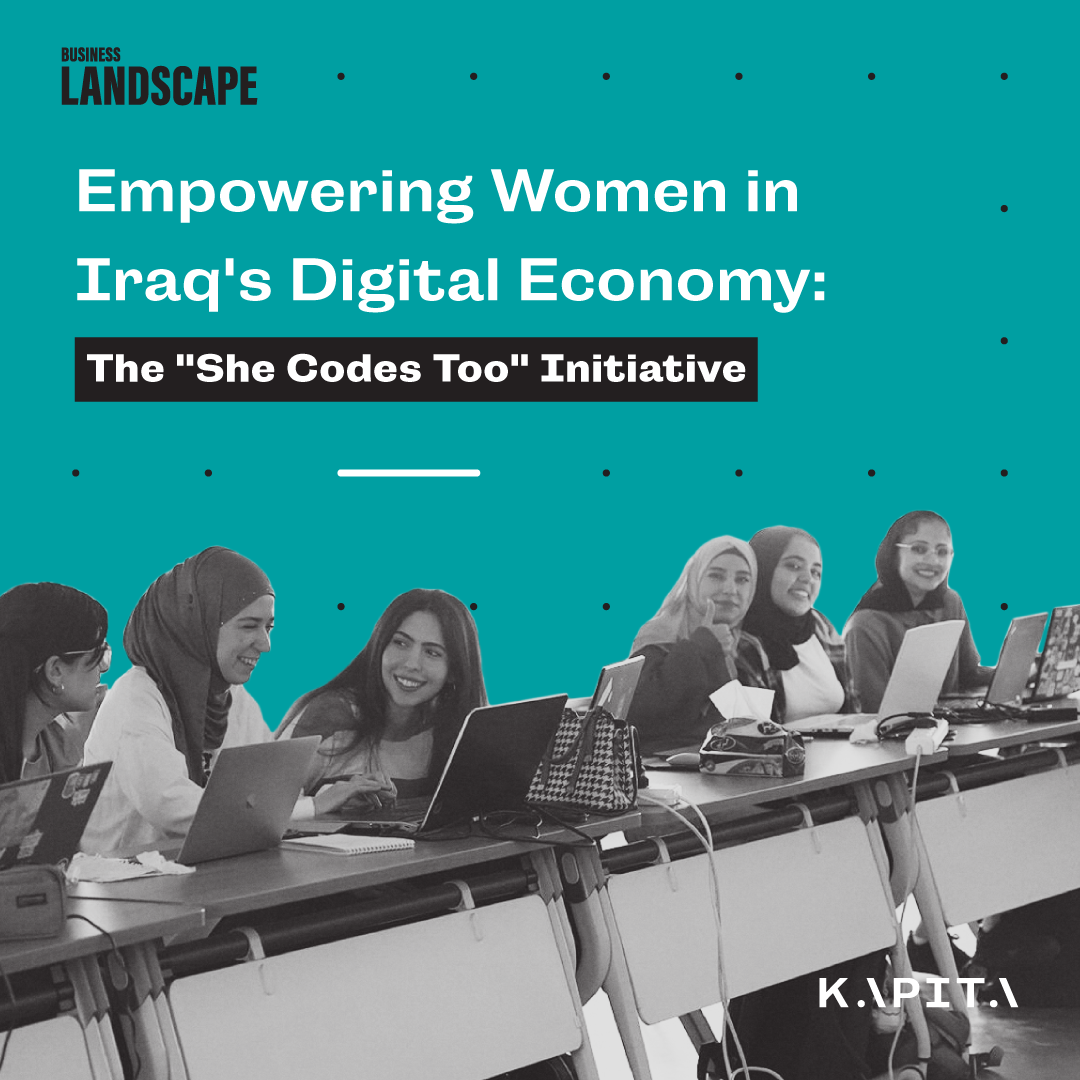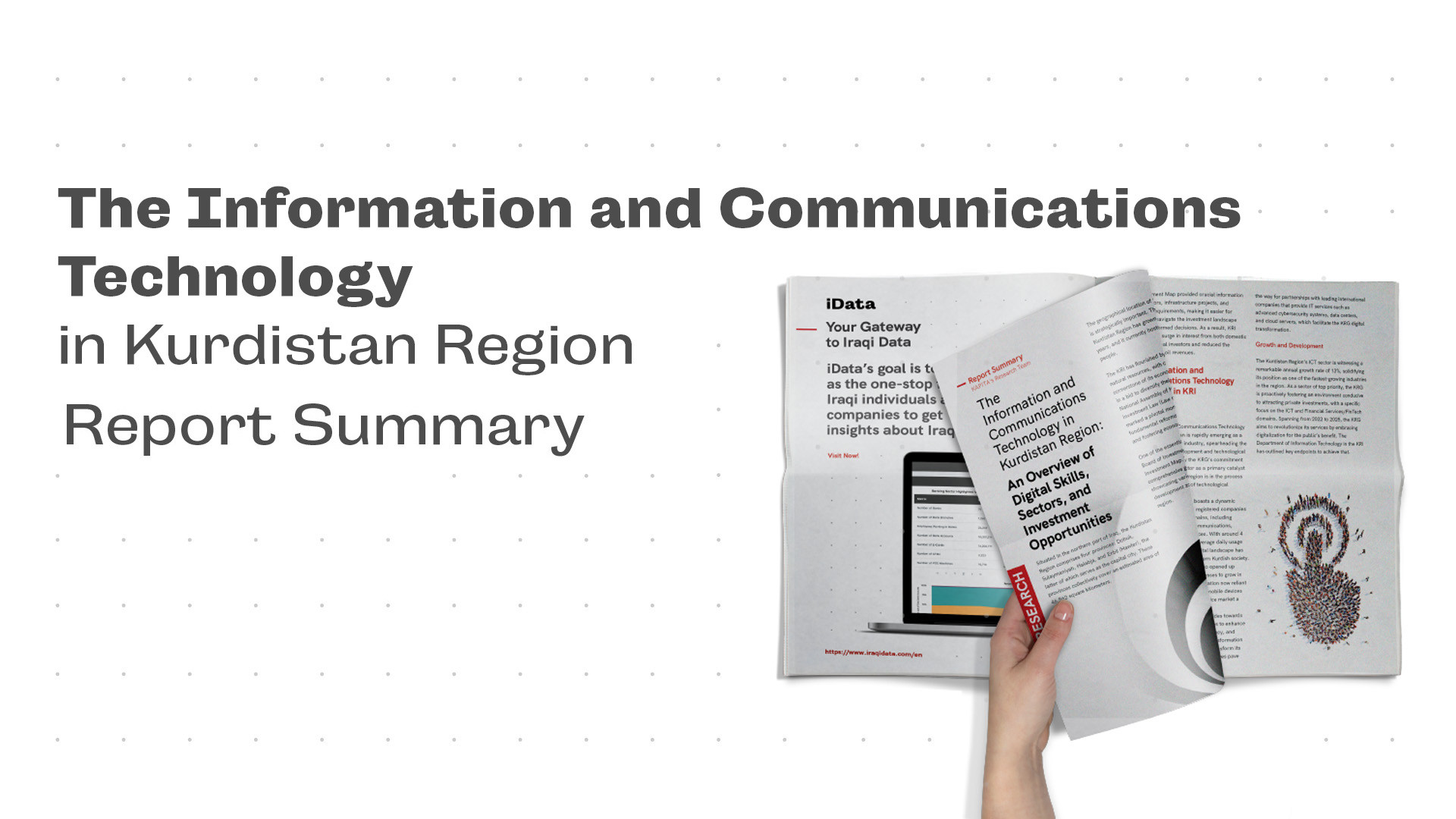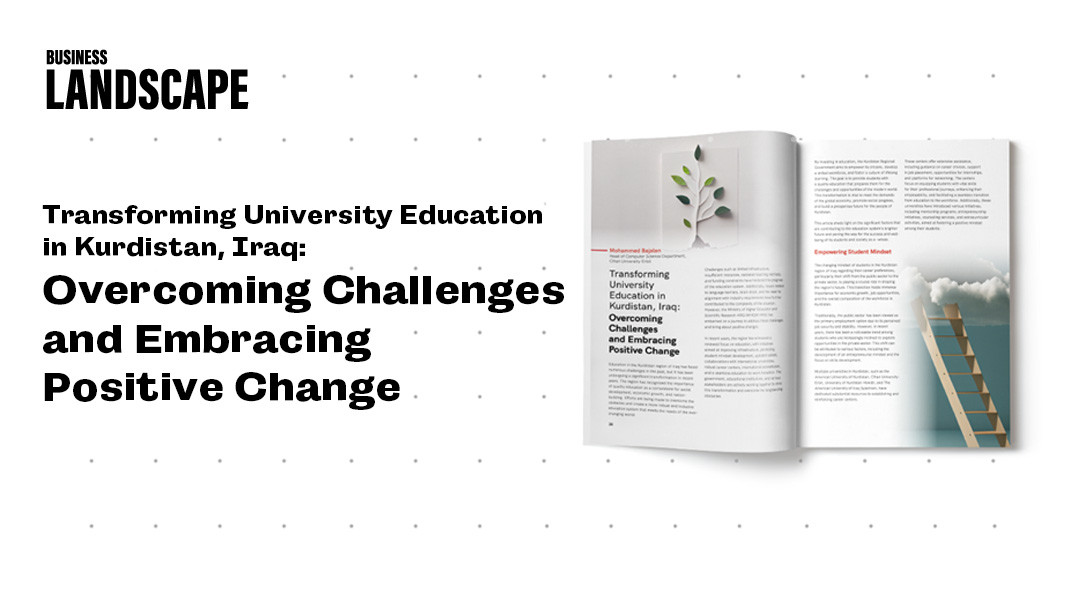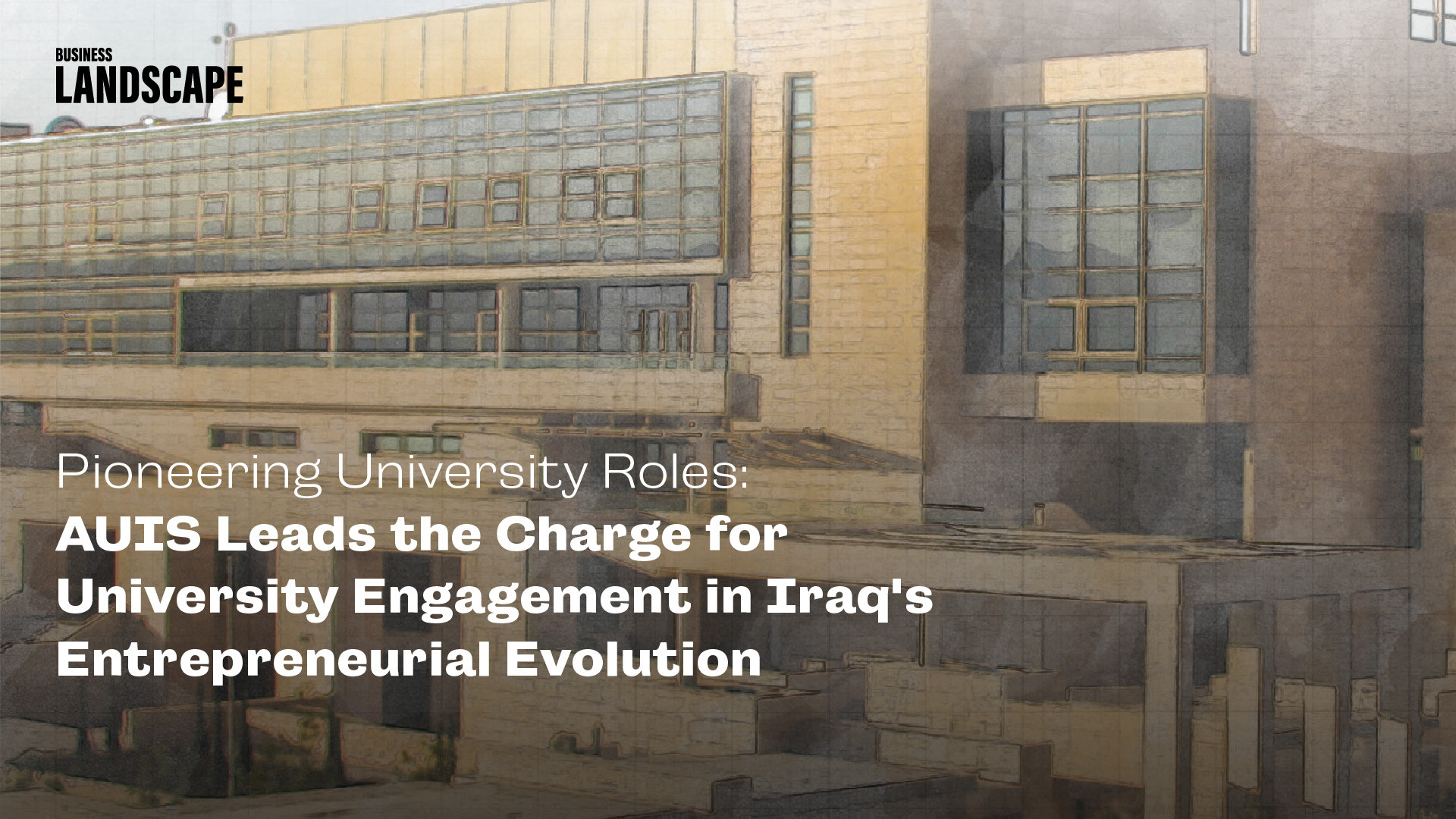The Road to a Thriving Private Sector
Mohammed Jamal
Editor-in-Chief, Business LANDSCAPE
Roads leading to a growing private sector and a diversified economy in Iraq have long been debated, with interventions on infrastructure, policy, and investments, being the dominant topics. After two years of being a platform to highlight main opportunities and developments in the business scene of Iraq, Business LANDSCAPE is happily publishing the eighth issue with a focus on the transportation sector.
A viable transportation sector is an essential component of any growing economy, and development in this sector is critical in a country that has suffered from years of destruction to its infrastructure. In this issue, we introduce the latest investment and development in roads and railways (Read more on page 30, Transportation Sector in Iraq: Roads and Railways by KAPITA’s Research Team) in addition to aviation and maritime (Read more on page 38, Transportation Sector in Iraq: Aviation and Maritime by KAPITA’s Research Team). Each of these sectors is presented with an in-depth analysis of the current challenges and opportunities with the identification of rising startups.
E-commerce has been a booming sector worldwide, and Iraq was no exception. Since its initial development after the growth of internet users and the rise of social commerce and e-commerce websites and apps. This growth has been possible due to the emergence of a last-mile delivery industry that uniquely provides delivery and cash collection services in a country still developing the e-payment sector. We come across the initial development of the (Read more on page 6, Last-mile Delivery in Iraq: Navigating Through Logistics and Financial Bumps by Mujahed Waisi) with its current challenges and opportunities.
The rise in e-commerce reflects the growth of the retail sector in Iraq; however, this sector is still primarily dependent on imported goods. Moreover, even with imported goods, logistical constraints still play a major hurdle in the development of e-commerce in Iraq and a barrier to the entry of international e-commerce platforms (Read more on page 10, The Dilemma of
an Import-reliant Nation: Why is not Iraq on the Radar of International Shipping and E-Commerce Giants by Isa Mohammed).
Investments in Iraqi startups are the initial steps to develop the scene further; IAIN has been working with Iraqi Angels and Iraqi startups to facilitate investments now exceeding $1 million. (Read more on page 18, The Roadmap to a $1 Million Investment into Iraqi Startups by Hayder Al Sammarray and Qudama Jalal). Human capital, on the other hand, is still facing many hurdles. Most of the Iraqi youth are still looking for public sector jobs.
Multiple reasons are behind this public sector orientation which we present with ways to reorient the human resources of Iraq toward the private sector (Read more on page 27, Public Sector Employment: The Reasons Behind the Glamorization and Inclination Towards Disguised Unemployment by Yahya Sami). Human resource development goes hand in hand with improving the culture of Iraqi companies; we discuss the importance of the psychological safety and well-being of employees (Read more on page 22, A Simple Formula for a Better Private Sector: The Role of Psychological Safety at the Workplace by Safwa Salim).
Iraqi roads are loaded with cars reflecting the rising market of car retail. In this issue, we discuss the dynamics of this market and the evolution of the offline and online car marketplaces (Read more on page 14, The Iraqi Car Marketplace: The Rise of Digitalization and the Accompanying Challenges by Amer Salih). Road congestions in Baghdad are usual, as shown in the figure below; travel time between two neighborhoods in Baghdad (one in Karkh and the other in Risafa) takes 28 minutes in the early morning, but it can take up to 100 minutes in congestion time. This shows the challenging transportation sector and the struggles that face startups who are working within it.

The transportation sector in Iraq has witnessed significant development through the growth of ride-hailing, food delivery, and last-mile delivery. Business LANDSCAPE had the pleasure of interviewing leaders of two leading companies in this sector. We discussed with Mr. Hussein Albayati, General Manager of Careem Iraq, who spoke to us about the journey of Careem in Iraq and how it has impacted the Iraqi business ecosystem in general, and the transportation sector in particular, and fueled the digital transformation (Read more on page 51).
While Mr. Bassam Al-Ateia, Founder and CEO of Alsaree3 Holding, spoke to us about the food delivery business in Iraq, its challenges, the role of competition in developing the market, and the importance of adequate regulations (Read more on page 57).
We also had the chance to interview Mrs. Joanne Marques, Senior Advisor at Runway Strategies, who told us about her work in the policy realm and how it is vital to the development of the private sector to have an open and transparent dialogue with the public sector to both work for the betterment of the economy (Read more on page 66).






